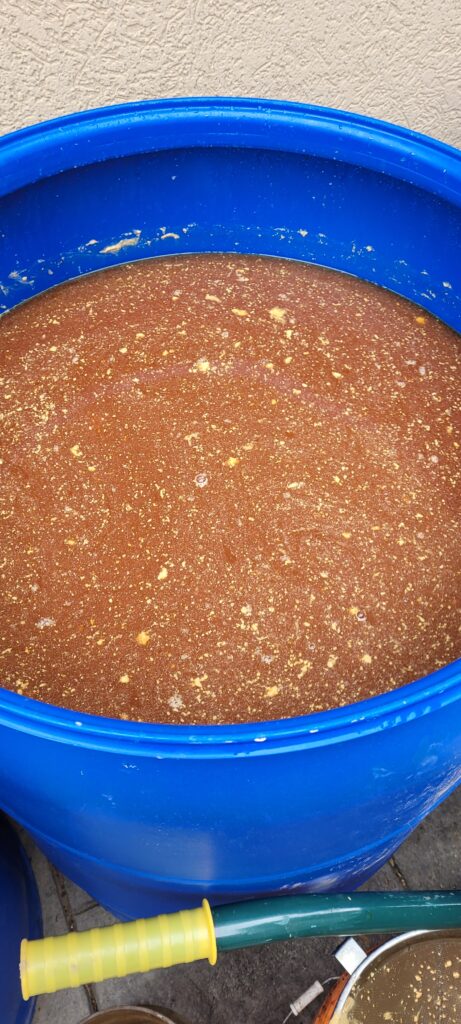
The use of Lactic Acid Bacteria (LAB) serum in lawn care is a relatively new and exciting development. Bacillus is a type of endophytic bacteria that are found naturally within plants. They play an important role in plant growth and health by converting nitrogen into a more usable form, such as amino acids, and by suppressing pests such as aphids and grubs.
Traditionally, lawn care professionals have relied on synthetic pesticides to control pests. However, the use of synthetic pesticides can have negative impacts on the environment and soil health. LAB serum offers an alternative to synthetic pesticides, as it can control pests through the production of antimicrobial compounds such as lactic acid, hydrogen peroxide, and bacteriocins.
To use LAB serum, lawn care professionals can mix it with water and spray it on the lawn. The LAB will then colonize the plant surface, and produce compounds that inhibit the growth of pests. This process is known as biocontrol.
One of the main benefits of using LAB serum for pest control is that it is safe and non-toxic. It is safe for children, pets and the environment. Additionally, using LAB can also improve the overall health of the soil by increasing the population of beneficial microorganisms, which can lead to healthier and more resilient lawns.
While more research is needed to fully understand the potential of LAB serum for pest control in lawn care, the initial results are promising. It could be a game-changer for lawn care professionals looking for an alternative to synthetic pesticides, and for those looking for ways to improve soil health and reduce their environmental impact.
In conclusion, LAB serum can be a powerful tool for lawn care professionals looking for ways to control pests and improve the health of their lawns. By unlocking the potential of LAB for pest control, we can help lawn care professionals improve the health of their lawns while reducing their environmental impact.
LAB, or lactic acid bacteria, produce a variety of antimicrobial compounds such as lactic acid, hydrogen peroxide, and bacteriocins that can inhibit the growth of harmful microorganisms, including bacteria, fungi, and viruses. Some studies have shown that certain strains of LAB can produce antibiotics that can inhibit the growth of grubs and other soil-borne pests. However, more research is needed to fully understand the mechanisms by which LAB antibiotics affect grubs and other pests, as well as the potential for using LAB as a bio-pesticide.
One study showed that the application of Lactobacillus plantarum, a common LAB strain found in many fermented foods, significantly reduced the population of white grubs (larval stage of scarab beetles) in the soil. The study showed that the L. plantarum strain used in the study was able to produce an antibiotic called plantaricin that was toxic to grubs.
Another study used LAB in the form of a probiotic treatment for controlling whitefly in greenhouse tomato plants. The study showed that the probiotic LAB treatment was able to significantly reduce the population of whiteflies on the tomato plants, and also improved plant growth and health.
It’s important to note that more research is needed to understand the mechanism behind how LAB inhibit the grub growth and to evaluate the efficacy and safety of using LAB as bio-pesticides in different crop systems.)